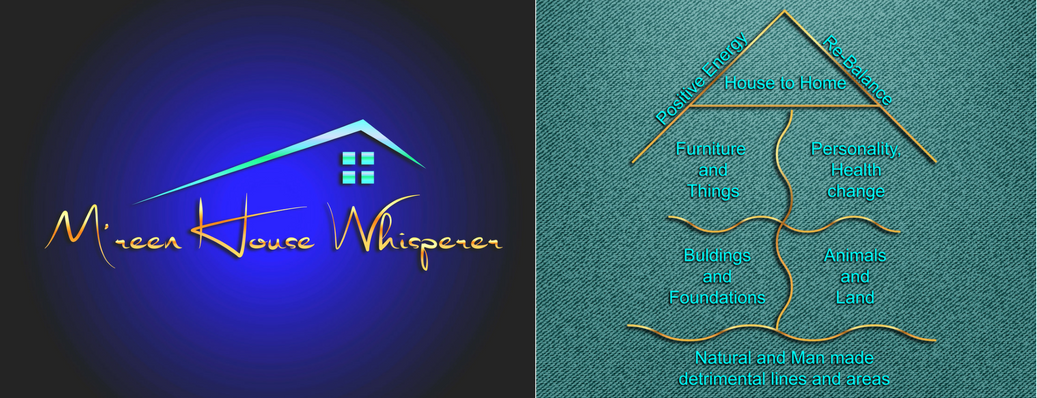Ice for you in summer :)
Dr. Pankaj Naram (http://www.drnaram.com).
As an expert in ANCIENT SECRETS (including pulse reading
and marma shakti), over 1,000,000 people now, including the Dalai Lama, Mother
Theresa, and the 9/11, have requested Master Healer Pankaj Naram (http://www.jivanshakti.com)
to use the Ancient Secrets he has been entrusted with
to transform their health and peace of mind.
Here Dr. Naram gives ancient secrets on how to heal from
arthritis, untimely ageing, and almost any physical condition, including the
secret baldness cure that's more fun than twiddling your thumb!
In conversationn with Hugh Reilly and Maha Fortune on Liquid Lunch at ThatChannel.com (http://www.thatchannel.com) 2015-09s-23
Master Healer Naram mission has led him so far to visit regularly 12 countries: India, USA, Canada, Nepal, Germany, Italy, France, Switzerland, Netherlands, Austria, Australia & New Zealand.
In conversationn with Hugh Reilly and Maha Fortune on Liquid Lunch at ThatChannel.com (http://www.thatchannel.com) 2015-09s-23
Master Healer Naram mission has led him so far to visit regularly 12 countries: India, USA, Canada, Nepal, Germany, Italy, France, Switzerland, Netherlands, Austria, Australia & New Zealand.
People from over 108 countries have come to him to be
helped with their chronic and acute
Health Challenges, utilizing the wisdom of his Ancient
Youth Secrets.
Master Healer Naram has helped people with Arthritis, Diabetes, Autism, Obesity, Infertility,
Master Healer Naram has helped people with Arthritis, Diabetes, Autism, Obesity, Infertility,
Blood Pressure, Chronic Fatigue Syndrome, Skin Issue,
Hair Loss, Depression, Epilepsy,
Chronic Health Challenges, & on and on.
He has received numerous International awards and honors including:
He has received numerous International awards and honors including:
Prestigious ‘CERTIFICATE OF EXCELLENCE’ awarded April,
2011, in Prague by MEDICINA ALTERNATIVA (Alma Ata 1962, under the guidelines of
THE WORLD HEALTH ORGANIZATION – affiliated with The Open International
University) because of the excellence quality of the B Young Herbal Formula
Tablet and B Young Herbal Cream. “We wish it to be known that this honor is
conferred in recognition of the excellence of this recipient’s work… With our
Congratulations and Best Wishes to continue serving humanity for the future.”
On October 17th, 2010, the State of New Jersey and the Honorable Former
Governor Christine Todd Whitman gave an award of recognition to Master Healer
Pankaj Naram, for his Ancient Secrets Formulas ability to so effectively remove
9/11 Toxicity from the Fire Fighters and other First Responders. Master Healer
Naram Featured in Men’s Health, Italy, 2010 & 2011. Europa University,
Germany, invited Master Healer Pankaj Naram to lead a program on Ancient
Secrets for their medical doctors — Discover what brilliant doctors from
Germany think as he is sharing his lineages most ancient and effective healing
practices with them. Recently, Master Healer Pankaj Naram was given the
prestigious title of ”Knight of Charity” by the Ecuminical Medical-Humanitarian
Order of St. John, for his Impact on over 1 Million People from 108 Countries,
helping chronic and acute health challenges, as well as for the many
humanitarian projects Master Healer Pankaj Naram Sponsor. Honorary Doctorate,
bestowed by The Open International University for Complementary Medicine, 2010.
The Highest LIFE TIME Achievement Award ”LORD DHANWANTARI” Bhaskar, February
2006. Master Healer Pankaj Naram hosts a TV show (“Yoga for You”) currently
broadcast into 169 countries on international Zee network stations with
millions of viewers Many Media & TV appearances – Master Healer Pankaj
Naram is also regularly invited for interviews/appearances as guest/expert on
T.V., Radio, as well as featured in many other newspaper & magazine
articles (in U.S., India, Europe) And perhaps the most important Recognition is
the thousands of people around the world who say, “He gave my life back!”
https://www.youtube.com/watch?v=NI60ByLtnzA
Turbo Charged Reading: Read
more>>>Read fast>>>Remember all>>>Years later
You can TCR music, poetry or self development material for internal
knowing.
I can Turbo Charge Read a novel
6-7 times faster and remember what I’ve read.
I can TCR an instructional/academic book
around 20 times faster and remember what I’ve read.
Perhaps you’d like to check out my sister blogs:
All aspects of regular, each-word reading and education.
Turbo Charged Reading uses these skills significantly faster
www.ourinnerminds.blogspot.com
Personal business
development.
www.happyartaccidents.blogspot.com
just for fun.
To quote the Dr Seuss himself, “The more that you read, the
more things you will know.
The more that you learn; the more places you'll go.”








